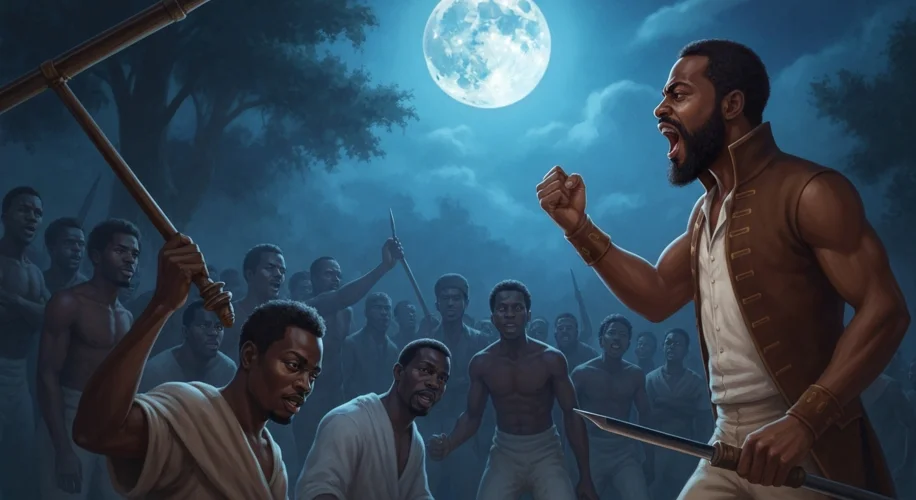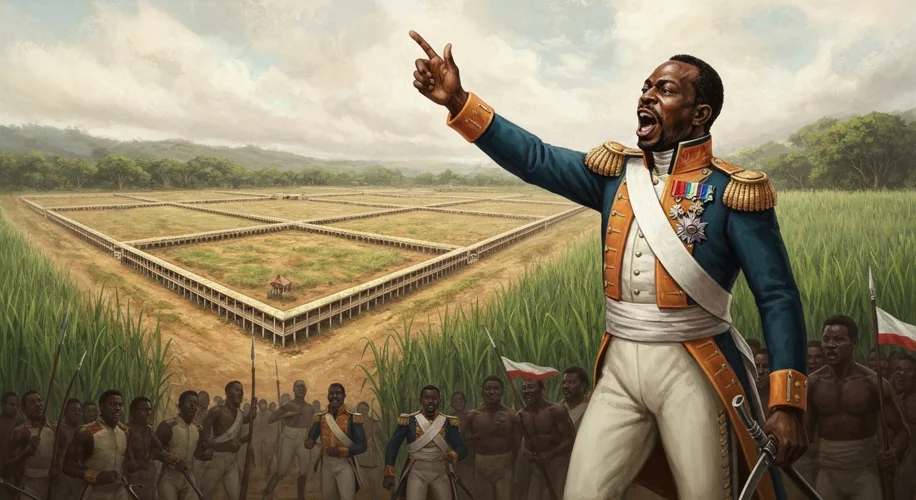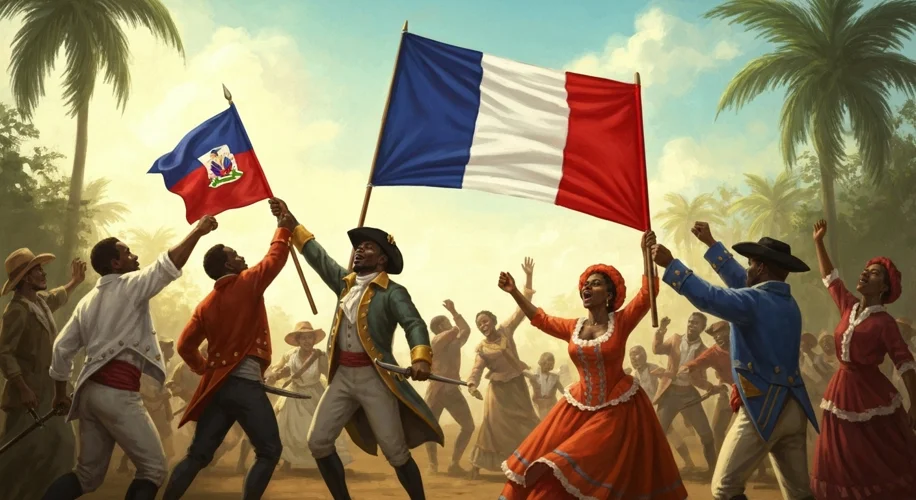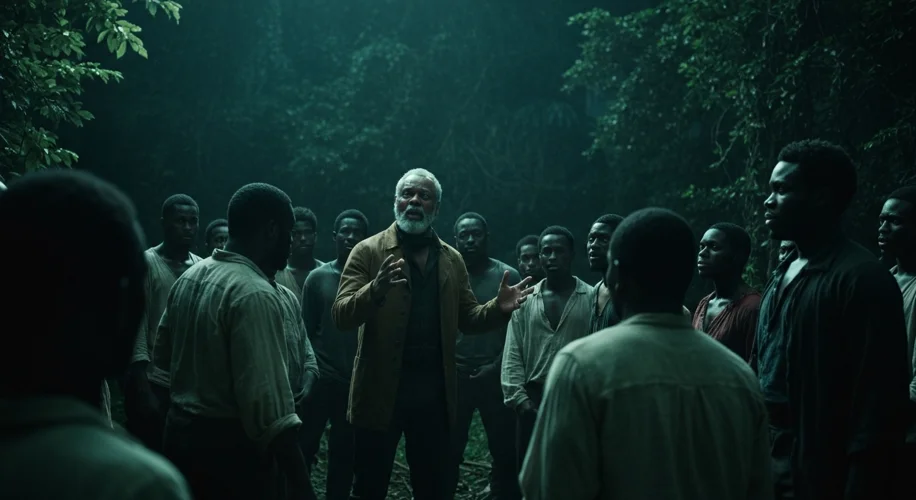The humid air of Saint-Domingue, a French colony in the late 18th century, hung thick not only with the scent of sugarcane and molasses but also with the heavy, suffocating weight of human bondage. This was a land where a tiny white elite, supported by a larger group of free people of color and a vast enslaved population, lived lives of extreme opulence built on unimaginable cruelty. Saint-Domingue was France’s most profitable colony, the “Pearl of the Antilles,” a sugar-producing powerhouse fueled by the relentless labor of over half a million enslaved Africans.
Life for the enslaved was a brutal testament to dehumanization. Whippings, mutilations, and the constant threat of death were daily realities. The plantations were vast, grim landscapes where the rhythm of life was dictated by the planter’s whip and the relentless demand for more sugar. Yet, within this crucible of suffering, a spirit of defiance began to smolder. The enslaved people, brought from diverse African nations, carried with them not only their physical chains but also the resilience of their cultures and a deep yearning for freedom.

1791 marked a seismic shift. On the night of August 21st, in a dense, verdant forest at Bois Caïman, enslaved leaders, including the mysterious and revered priestess Cécile Fatiman and the charismatic warrior Dutty Boukman, gathered. This was no mere meeting; it was a sacred ceremony, a pact forged in blood and spirit to rise against their oppressors. A storm raged overhead, mirroring the tempest brewing in the hearts of those present. They swore an oath, a solemn vow to break their chains and fight for liberty, even unto death.
The revolution that followed was unlike any other in history. It was a mass uprising, a relentless struggle against French, Spanish, and British forces, as well as internal conflicts. Leaders like Toussaint Louverture, a formerly enslaved man who rose to become a brilliant military strategist and statesman, guided the revolutionary army. His tactical genius and unwavering determination made him a formidable opponent, earning him the respect and fear of European powers.

Jean-Jacques Dessalines, another key figure, was a fierce and uncompromising leader who played a crucial role in the final victory. His ruthlessness in prosecuting the war, while controversial, was instrumental in expelling the remaining colonial forces. The revolution was not just a military campaign; it was a social and political upheaval that challenged the very foundations of the colonial world.
The fight for independence was arduous. The French, under Napoleon Bonaparte, attempted to re-establish slavery and sent a massive expeditionary force led by Charles Leclerc. Despite initial successes and the capture of Louverture, the French were ultimately defeated by a combination of Haitian resistance and yellow fever, which decimated their ranks. In 1803, the French were driven out, and on January 1, 1804, Haiti declared its independence, becoming the first free black republic in the world and the second independent nation in the Americas.

The consequences of the Haitian Revolution reverberated across the globe. It sent shockwaves through slave-holding societies, instilling fear in oppressors and hope in the oppressed. It inspired slave revolts and anti-slavery movements throughout the Americas and Europe. However, the newly independent nation faced immense challenges. The former colonial powers, particularly France, imposed crippling economic sanctions and demanded a hefty indemnity, which severely hampered Haiti’s development for centuries. Neighboring slave states, like the United States, also viewed Haiti with suspicion and hostility, fearing the spread of the revolution’s ideals.
The Haitian Revolution stands as a monumental testament to the human spirit’s unyielding desire for freedom. It was a victory born from immense sacrifice, a narrative of enslaved people not only fighting for their liberty but forging a new nation against overwhelming odds. Their success dismantled the myth of white supremacy and proved that the enslaved could indeed overthrow their masters and govern themselves, forever altering the course of history and the global struggle against oppression.

